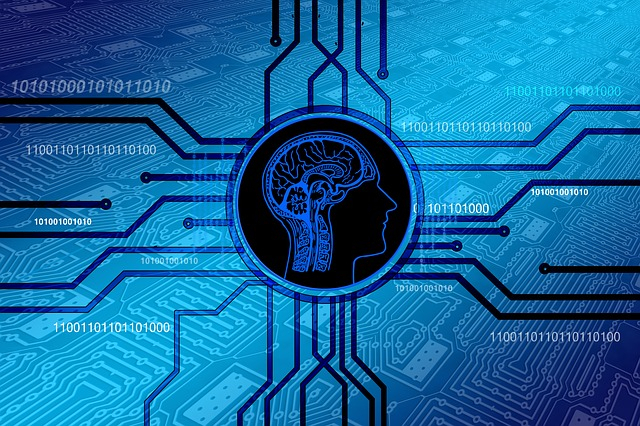
A research fellow on Emerging Cyber technologies at United Nations University (UNU) stated that even though digital solutions like Artificial Intelligence (AI) are transforming lives, it also raises concerns, ranging from security to human rights abuses.
The expert, Eleonore Pauwels said that in this modern world AI is transforming human lives, from reshaping the intimate and networked interactions to monitoring human bodies as well as the moods and emotions, both invisible and invisible ways.
As per UN news, Pauwels stated, "The all-encompassing capture and optimisation of our personal information -- the quirks that help define who we are and trace the shape of our lives -- will increasingly be used for various purposes without our direct knowledge or consent."
She also stressed that how to protect independent human thought in an increasingly algorithm-driven world, goes beyond the philosophical and is now an urgent and pressing dilemma. Pauwels added that the evolution of AI is happening in parallels with technical advances in other fields, such as neuroscience, epidemiology and genomics and it means that "not only is your coffee maker sending information to cloud computers, but so are wearable sensors like Fitbits; intelligent implants inside and outside our bodies; brain-computer interfaces, and even portable DNA sequencers."
She believes that while the AI revolution indicates towards great achievements, on the other hand, there is another problem, especially when it comes to the most intimate data owned and controlled by a particular person and that is because, on the basis of our shopping patterns and dating preferences, computer codes can also read our genes, cells and vital signs.
Pauwels said that either the digital representation of human characteristic data could help create the world's largest precision medicine dataset or it could render everyone more vulnerable to exploitation and intrusions than ever before.
"These reflections exhibit an entanglement of ethical and policy challenges that need to be mapped, unveiled, and analysed to nurture an inclusive foresight discussion on the global governance of AI," she added.
Earlier, Professor Toby Walsh claimed that in less than 50 years, most probably by 2062, AI will match humans on characteristics like adaptability. He made these comments during the "Festival of Dangerous Ideas" at University of New South Wales in Sydney on November 4. He also wrote a book called '2062: The World that AI Made,' where he argued that humans are already experiencing the risks related to the surge of AI that seems to be so far in the future.
As per the published statement, Walsh, who is a Scientia Professor of Artificial Intelligence at the University of New South Wales considers 2062 as the year "that artificial intelligence will match human intelligence, although a fundamental shift has already occurred in the world as we know it" and added that "even without machines that are very smart, I'm starting to get a little bit nervous about where it's going and the important choices we should be making."









